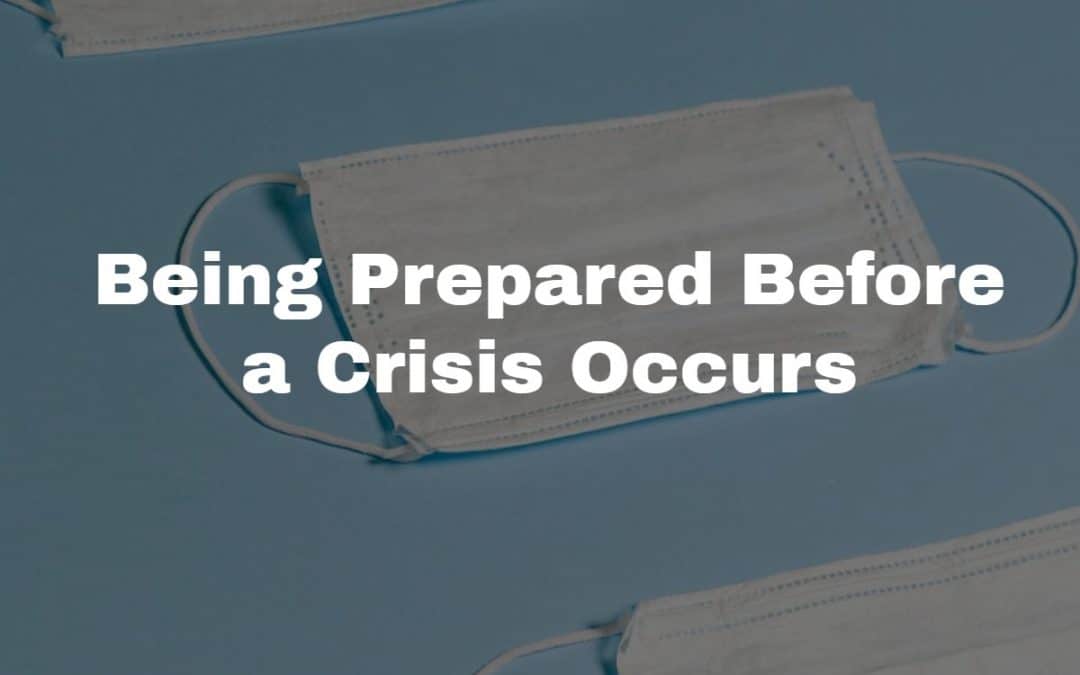The coronavirus has put this country on edge. People who have previously taken their health for granted are panicking. We pass one another on the street, careful to keep at least 6 feet between us. We wonder if every cough could be the first symptom of COVID-19.
With these anxieties at the forefront of our minds, we feel a pressing need to get our affairs in order. It’s frightening to think about getting ill or being unable to make decisions for yourself. This overwhelming fear of the unknown can be constructively channeled into planning an estate. This article addresses the most important documents to have in your estate plan:
Financial Power of Attorney:
A financial power of attorney allows someone else to manage your finances in the event that you become incapacitated. Essentially, it is a legal document that grants a trusted agent the authority to make financial decisions on your behalf.
Health Care Power of Attorney:
The healthcare power of attorney is a document in which you designate someone to be your representative, or agent, in the event you are unable to make or communicate decisions about all aspects of your health care. A healthcare agent is a person whom you trust to make medical decisions on your behalf if you can no longer make them for yourself. You should be very careful in selecting this individual.
This person may one day be deciding whether or not life support measures will be in your best interests or determining exactly how your personal or religious values would impact medical treatments. A healthcare power of attorney goes further than a living will.
The major restriction with a living will is that it only applies if you are terminally ill or permanently unconscious or another similar condition as defined by state law. If you are only temporarily unconscious or otherwise unable to communicate, but are not terminally ill, in a permanent vegetative state, or other end-stage condition, a living will is of no use. You need a health care power of attorney to cover such a situation.
Living Will (Advance Health Care Directive):
A living will, also called a directive to physicians or an advance directive, is a document that allows you to state your wishes for end-of-life medical care, in case you become unable to express your wishes. A living will is an essential document to include in your estate planning documents.
It can provide invaluable assistance to family members and healthcare professionals if you are unable to express your wishes. Without a document expressing your wishes, family members and doctors are left to guess (and argue about) what you want.
HIPAA Waiver:
HIPAA is an abbreviation for an Act of Congress concerning health care records. HIPAA stands for Health Insurance Portability and Accountability Act. HIPAA was enacted by Congress to increase medical privacy for individuals. Congress made the Act to enhance the privacy of medical patients and severely restrict who could access a patient’s medical records.
Every medical provider, be it a hospital, doctor’s office or clinic must have written authorization to release medical records to anyone who is not the patient, including the patient’s spouse or extended family. The U.S. Department of Health has recently imposed severe fines on medical providers who have violated the act.
Healthcare providers have clamped down on who can have access to records to prevent liability and future payouts in lawsuits. This would come into place should you become incapacitated and unable to talk for yourself. For this reason, your estate plan must have a person in place to make medical decisions for you.
Last Will and Testament:
A last will and testament is a legal document that communicates your final wishes pertaining to assets and dependents. Your last will and testament outlines how to distribute possessions, whether you will leave them to another person or donate them to charity. A will can specify how your other responsibilities, such as children or dependents, accounts and interests will be handled.
A will, written while you are alive, is carried out after your death. A will names a still-living person as the executor of the estate, and that person is responsible for administering the estate. Typically, the probate court supervises the executor to ensure that he or she carries out the wishes specified in the will.
The last will and testament forms the foundation of the estate plan and is the central instrument to ensure that the estate is settled in the manner desired by the deceased.
Living Trust:
A living trust becomes valid immediately after you execute documents and your property is transferred into that trust. It is then your task to manage those assets. A living trust has several advantages over a will. Among other things, a trust has federal and state tax advantages over a will and a living trust provides a much easier and quicker process.
The current pandemic has caused more people to think about their own mortality. Many people are frozen by fear and confused about proper estate-planning documents. Estate planning can be complex, even when there is ample time to prepare.
During this period of frenzy, it is more important than ever to work with a skilled estate planning attorney to ensure that your affairs are in place. To schedule a consultation contact Allison Plekan of Plekan Law PLLC at (919) 653-1976.

